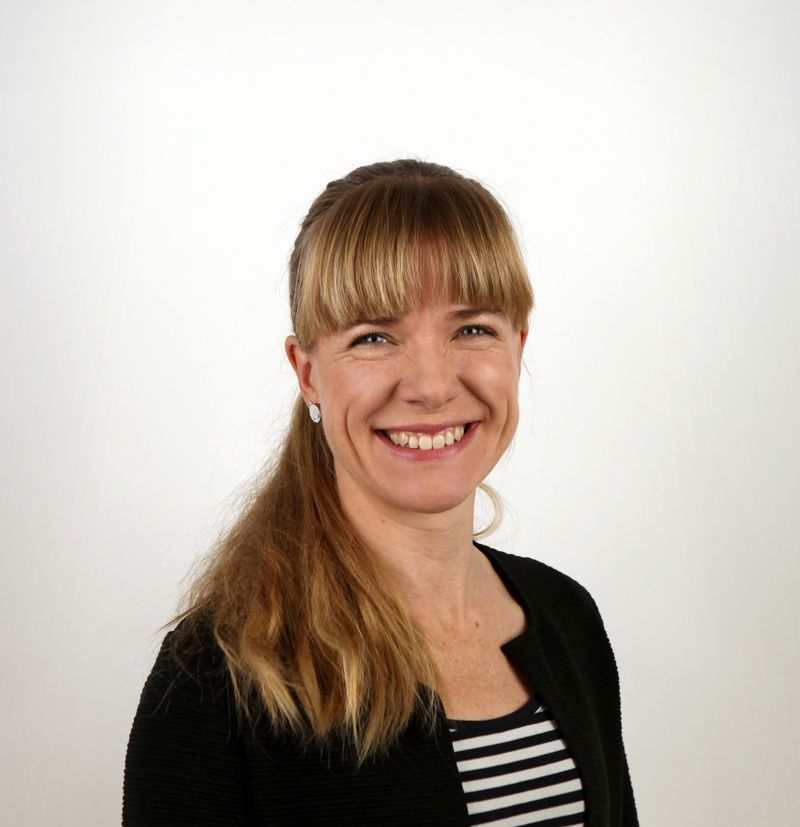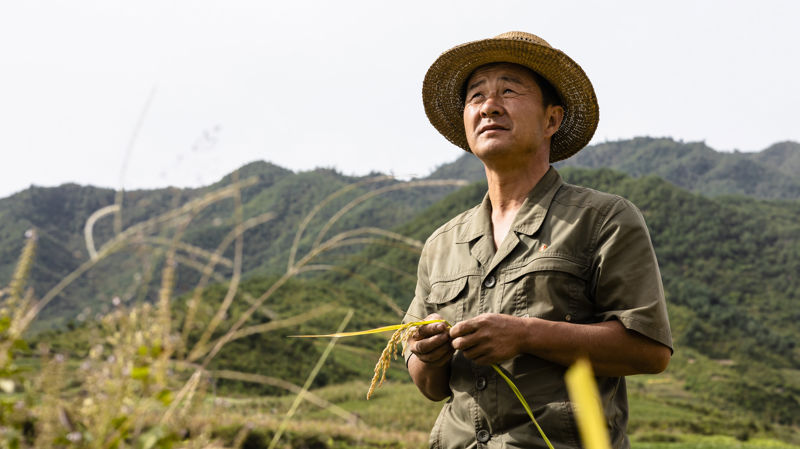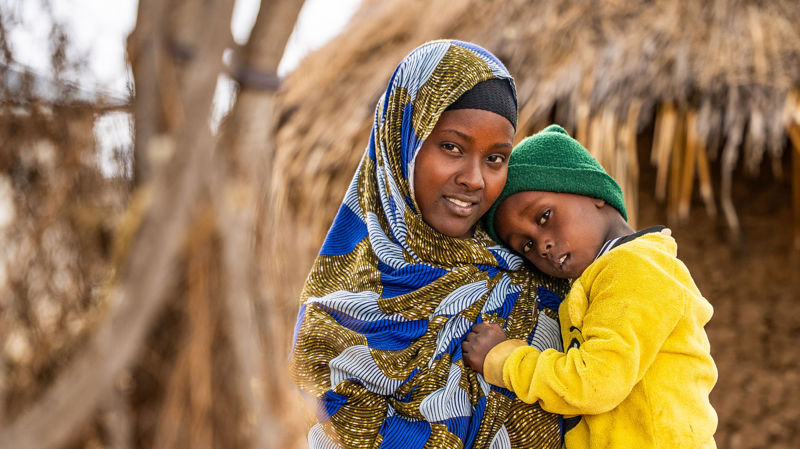Red Cross asked young people about climate change: “The climate crisis is a threat to my future”

The Red Cross is actively engaging in advocacy efforts at the United Nations COP30 Climate Change Conference. Before the summit, the Red Cross asked young people about their thoughts on how they experience climate change and what they want from adults.
The Finnish Red Cross is keen to give young people a voice as part of the advocacy work at the United Nations Climate Change Conference. The conference will be held in Brazil from 10 to 21 November. Young people were able to share their ideas on the Digiraati platform and in the advocacy bot of the Sekasin chat. In addition to this, the Finnish Red Cross hosted a climate debate on the Discord platform.
Climate change is a source of anxiety for young people
Young people who took part in the discussions were anxious and concerned about climate change.
"I feel anxious and worried because the climate crisis is a threat to my future." – Young person, Digiraati
"My vision for the future has become much darker in the face of this collective hand-waving and this attitude of ‘well, someone will come up with a solution’." – Young person, Sekasin chat advocacy bot
"I'm scared about what will happen to the world and whether it will still be livable when I'm older." – Young person, Sekasin chat advocacy bot
According to the latest Climate Barometer survey, 15–29-year-olds were the age group most likely to agree with the statement "There is an urgent need to mitigate climate change." The Climate Barometer is an annual survey on Finns’ views on climate change carried out by the Ministry of the Environment. In the survey, the vast majority of young people agreed with the following statement: Climate change is one of the biggest global threats facing the world.
Frustration with the lack of actions of decision-makers
In the Finnish Red Cross discussions, young people were calling for more action from adults and decision-makers to mitigate climate change.
"I wish older people – – would take me seriously and not think that I've been brainwashed or turned into a tree hugger, for example." – Young person, Sekasin chat advocacy bot
"It's distressing when practically everything depends on a few dozen people in leadership positions around the world. They reel in billions of euros in 'profits' and the rest of us worry, suffer and have to argue amongst ourselves about how to cope with the new reality." – Young person, Sekasin chat advocacy bot
According to the Climate Barometer, 15–29-year-olds were the most likely of all groups to agree that political decisions are the most effective way to tackle climate change.
I feel frustrated that older generations are not taking enough responsibility, and that decision-makers are not acting quickly and adequately enough.
Red Cross to carry out advocacy work at the Climate Change Conference
The International Federation of Red Cross and Red Crescent Societies and its members will participate in the United Nations Climate Change Conference, COP30, and contribute to the negotiations. The Finnish Red Cross is following the climate conference closely and supporting the Red Cross network in its advocacy work.
“The Red Cross wants countries to set sufficient emission reduction targets to ensure that the 1.5°C limit on global warming is still achievable. In addition to this, the meeting is expected to make contributions to strengthen adaptation," says Climate Change Specialist Paula Uski from the Finnish Red Cross.
The Red Cross wishes to highlight in particular the need to support the persons in most vulnerable situations in developing countries to prepare for and adapt to the increasing and worsening disasters caused by climate change, which are undermining living conditions and hampering livelihoods. For example, extreme weather events often hit the most vulnerable people the hardest.
“At present, funding for adaptation is grossly inadequate in relation to the needs. Moreover, only less than 10% of this funding reaches the people and local communities that need the most support," Uski says.

Text: Minttu-Maaria Partanen
Communications Specialist

